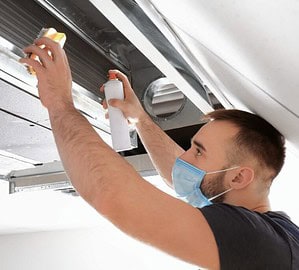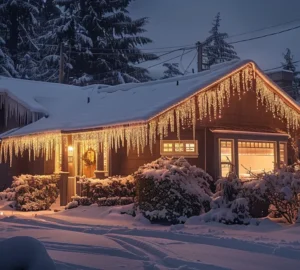
Buying a home is a huge stride in the right direction. It’s also an emotional decision that can be stressful. You’ll want to ensure that your new house meets your needs and wants before signing anything over.
To help get you started, here are some tips on how to find the right home:
Location
You may get everything else right, but if the location has issues, you may live to regret it. The best way to ensure that you’re buying in an area that’s safe and has good schools is by checking online crime reports and real estate listings, driving around the neighborhood and asking residents about their experiences with crime.
Another thing to remember when evaluating neighborhoods is whether they’re located within flood zones (or are subject to flooding). If so, it might be worth moving somewhere else so that your family doesn’t have to deal with any potential damage from rising waters.
Conversely, if there isn’t much risk of flooding, but you want more space for growing families later on down the road, then perhaps buying a house farther away from where everyone lives right now makes sense—but only after considering how much time each member of your household spends commuting each day!
The condition of the house
Several factors should determine the condition of your home. For instance, the age of the house is important because older homes tend to have more problems than newer ones. Mold and pest infestation can also affect how well you and your family enjoy living in a particular home. Structural damage and plumbing issues are also critical when buying a property that has been lived in for some time. Termites and other wood-eating insects may be present as well if there was once an active termite infestation or other such problem on the property where you’re looking at purchasing it from someone else (or perhaps even yourself).
How much can you afford
- How much you can afford is a function of your income, debts and other financial commitments.
- You should not borrow more than you can afford to repay.
- You should have enough money to cover the house’s cost (this will vary depending on where in Australia you live).
A mortgage lender to use
In addition to the loan amount, you’ll need to consider the type of mortgage lender that can help you secure a loan. The government regulates lenders, and some have better customer service than others.
Some lenders charge higher interest rates than others, so choose one with low rates on your new home purchase if possible. Also, check out reviews online before choosing a particular lender to ensure they’re reputable and trustworthy.
The real estate agent
The real estate agent is the person who will help you find a home. They’re also responsible for helping you negotiate the price and getting a mortgage, finding other services such as insurance or legal advice, etc.
Some agents like https://www.meridarealestatecompany.com/ are good at negotiating on your behalf (and they usually have access to more information than you do). Others may not be so good at it and end up overcompensating for their lack of knowledge with high fees or commissions—which can eat up all your savings!
Documents and licenses
Before you buy a house, you should check the documents and licenses of the seller. The documents and licenses are important because they will help you determine if there are any problems with the property. These include:
- Check that the title is clear and undisputed (no liens or mortgages)
- Check that all taxes have been paid for at least one year before buying this home
- Ask about any outstanding liens or mortgages on this property
Purchasing a house is a big step for most people, but it doesn’t have to be daunting. But it will be fine if you have a reputable real estate agent.



